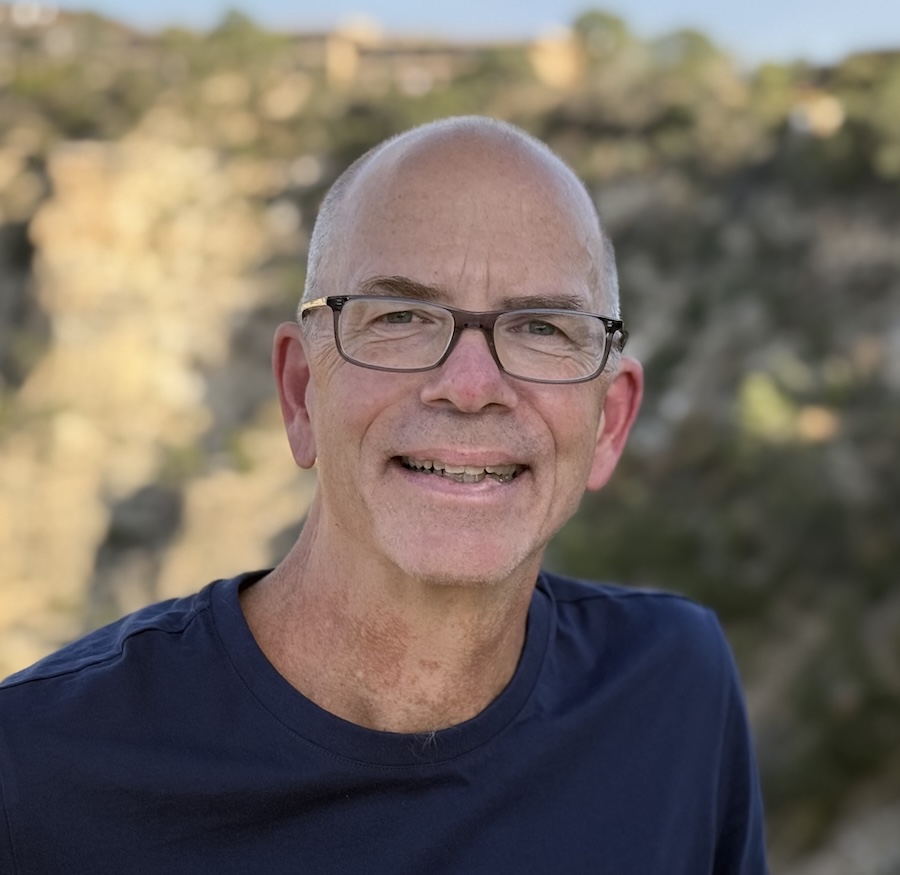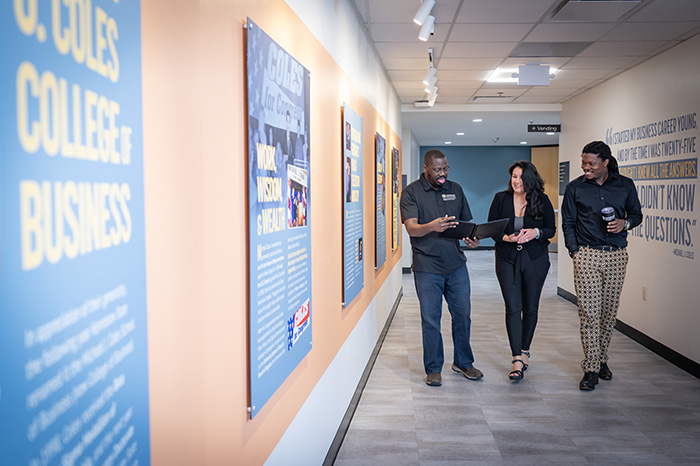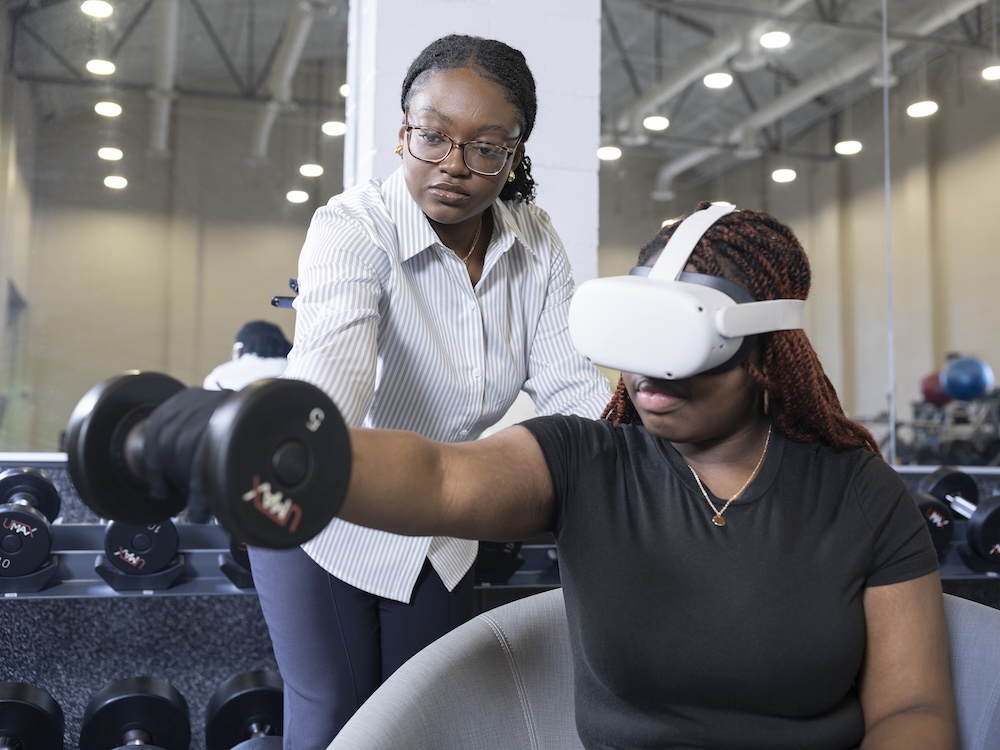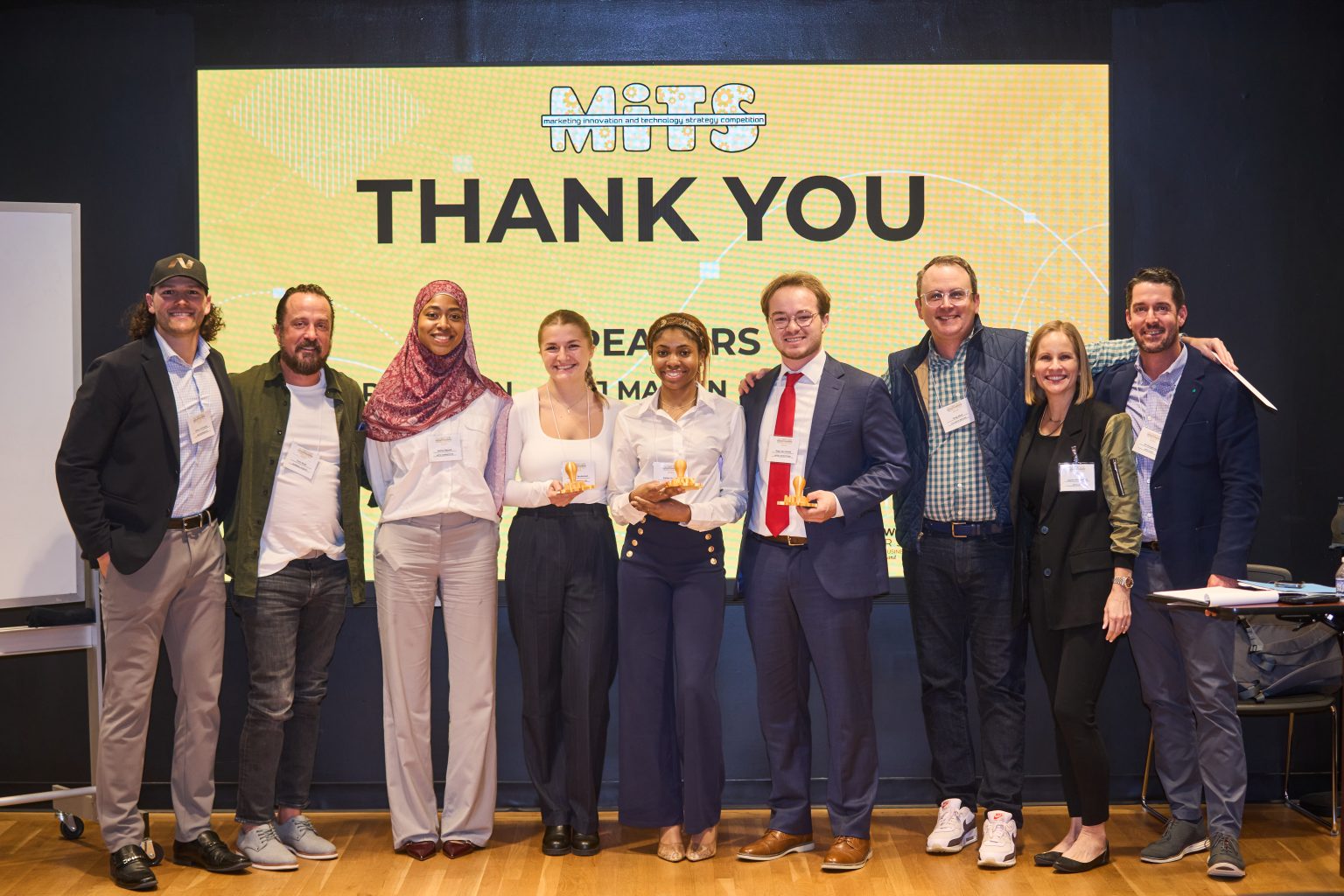
Kamal Fatehi Receives 7th Fulbright Award
KENNESAW, Ga. | Sep 29, 2020
Kamal Fatehi’s four-decade career as an educator and consultant has taken him to four continents. Many of those experiences have been connected to the U.S. Department of State’s Fulbright Scholarship Program, which is designed to enhance the country’s image overseas. Fatehi recently received his seventh Fulbright award, allowing him to teach international business and management courses in Romania.
Unfortunately, with the ongoing COVID-19 pandemic canceling Fulbright programs worldwide, Fatehi said he will likely not be able to participate. While he regrets the missed opportunity, Fatehi is honored that the U.S. State Department once again selected him for this prestigious award.
“I love being in the academic environment and being useful to young people,” said Fatehi, professor of international management in the Michael J. Coles College of Business. “Not only does the Fulbright Program satisfy that desire, it’s also a major part of our country’s philosophy to assist others.”

The U.S. government provides 470 teaching and research Fulbright Scholarships each year to university faculty and administrators, as well as other professionals, artists, journalists, scientists, lawyers, and independent scholars. Founded in 1946, the program helps strengthen the relationships between the U.S. and the 160 participating countries.
“Fulbright is an amazing program,” Fatehi said. “Fulbright was started immediately after World War II. It was evident at the time that assisting others would contribute to global peace or at least prevent war. Instead of a jet fighter, you send a faculty member.”
Fatehi’s U.S. Scholar Program award in international business would have seen him spending Spring 2021 teaching at the Romanian American Business School (ASEBUSS) in Bucharest. ASEBUSS has a long history with Kennesaw State University’s Executive MBA program, with students from both schools collaborating on research projects each year.
The opportunity to teach in Romania is Fatehi’s seventh Fulbright award since 1995. His previous Fulbright programs included working in Azerbaijan, Kazakhstan, Uzbekistan, Peru, and Morocco. Five of these experiences have been during Fatehi’s time at Kennesaw State.
Fatehi’s department, the Michael A. Leven School of Management, Entrepreneurship and Hospitality, has long supported his focus on international teaching and research, especially his affiliation with the Fulbright program.
“It provides unparalleled visibility and distinction for the department to have a faculty member who has received the Fulbright Award seven times,” said Rajaram Veliyath, interim director of the Leven school who also received a Fulbright scholarship in 2004 to teach at the Indian Institute of Management in Kozhikode. “Across academia, receiving the Fulbright award is accepted as a hallmark of distinction. It is also indicative of the individual faculty member’s willingness to contribute and share his expertise with institutions and colleagues in far-flung regions of the world.”

In addition to his six previous Fulbright scholarships, Fatehi has conducted extensive research on sociopolitical risk and foreign direct investment, which as enabled him to visit nearly 40 countries. In the early 1990s, he participated in a Dept. of State program to consult with the Russian Privatization Center in Moscow, which was helping the country implement a free market economy after the fall of the Soviet Union. This experience was the beginning of a relationship with the U.S. State Department that has earned Fatehi more than $2 million in grants to host international graduate and undergraduate students.
Fatehi’s accomplishments also include publishing four college textbooks on international business, sitting on the editorial boards of 11 international academic journals, and, in 2017, winning the Sheth Distinguished Faculty Award for International Achievement.
Though the global pandemic will likely prevent Fatehi from traveling next year, he intends to pursue additional opportunities to teach and conduct research abroad as soon as it is safe to do so. He believes the benefits of interacting directly with people from other cultures are too great to ignore.
“Promoting international perspectives is as important to me as being an educator,” he said. “Several of my MBA classmates went directly into business and some of them are very rich now. When they ask me why I am not that, I say that I only have one life and I want to make the best of it. For me, this is the best way to do it.”
-Patrick Harbin
Related Posts

Kennesaw State professor honored by American Accounting Association as 2025 Presidential Scholar

CEO Magazine Ranks Kennesaw State Executive MBA Top Program in Georgia, No. 10 in the World

Kennesaw State business student finds research niche in virtual reality

Third Annual MITS Event Showcases Creativity with Braves Collaboration














